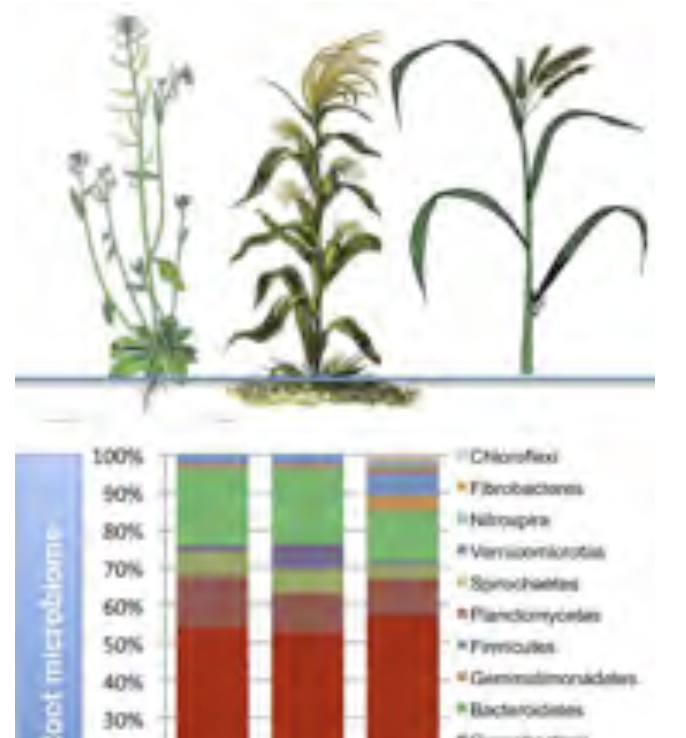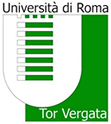“Molecular characterization of plant genomes”
 Characterization of plant biodiversity macro and microscopic of a certain environment and of the microbiota associated with plant species (phyllosphere,
Characterization of plant biodiversity macro and microscopic of a certain environment and of the microbiota associated with plant species (phyllosphere,
endosphere and rhizosphere) are of paramount impotance for the understanding the ecosystems and potential of the plants that inhabit it. MicroRNAs have recently been found to be critical in plant gene regulation, from germination to fruiting. Over the past three years researchers from Biology Department carried out quantitative and qualitative analysis of the plant biodiversity present in aquatic and terrestrial samples, using Next Generation Sequencing, in order to monitor their composition and variability following variation of environmental parameters. In addition, the endogenous and radical microbiota of plant species subjected to biotic (e.g. infections) and abiotic (e.g. drought) stresses were investigated and compared with their counterparts present in non-stressed plants, in order to evaluate the influence of these microorganisms (e.g. bacteria, cyanobacteria, fungi, viruses) on the adaptive capabilities of plants. Finally, the study of gene portions coding for microRNA was carried out to assess the impact of these small ones nucleic acid sequences on the evolution and development of plants. With the creation of Node UTOV teams plan to design new experimental project proposals to be realized – through the platform “apply for beamtime” – both at ISIS@MACH, and at ISIS neutron beamlines, using the complementary neutron techniques of the OSIRIS, IRIS, TOSCA, IMAT and MAPS beam lines.
References (TO BE ADDED)


